Pakistan's women influencers are brave in their unapologetic honesty
When 19-year-old Dananeer Mobeen uploaded a four-second video on her Instagram account, showing her friends and her having a “pawri” (party) in Nathiagali, she knew it was meme-worthy. What she didn’t know was that it would become so viral that it would lead to tens of thousands of remakes in Pakistan and across the border, with celebrities and businesses adopting her iconic “pawri ho ri hai” line.
Dananeer went from having 100,000 followers to a million in a week. While her video has mostly received a positive response, she did receive some abusive online comments as well, seemingly for daring to openly enjoy life as a single woman.
In Pakistan, much of society nurtures the traditional belief that the ideal woman is quiet, unopinionated and keeps her life private for the safety and honour of her family. Yet, thousands of ordinary Pakistani women, such as Dananeer, are breaking these tropes on Instagram, YouTube and TikTok by sharing their lives, and opinions, with openness on public accounts.
Their boldness to do so might bother some, but their vulnerability resonates with many more. There are dozens of Pakistani female influencers, each with more than 100,000 followers on Instagram and YouTube. These women are friendly and opinionated — but they have to be brave too, because online public spaces are just as hostile to women as physical public spaces are in Pakistan.
Thousands of ordinary Pakistani women are breaking traditional beliefs about what women should be like by openly sharing their lives and opinions online. How do they negotiate the reactions?
For instance, Merium Pervaiz, Memooma Muslima and Amna Riaz have millions of subscribers on YouTube. These women aren’t celebrities; they are ordinary women who gained millions of followers within a couple of years. They have built vibrant online communities by sharing their lives with their followers unapologetically, and many have even made themselves financially independent through such engagement. But a visit to their comments sections will show that many people still believe that Pakistani women should not be on the internet.
Being a journalist, I too have had public social media accounts since 2010 but, for years, I didn’t share my private life online. Despite that, I still received abuse online, mostly for airing my opinions. Curious to know how Pakistani women navigate online spaces now, I interviewed four female influencers who have become household names.
Going viral in Pakistan

Amtul Baweja, a Karachi-based 29-year-old comedian and content creator, runs a travel account called Patangeer on Instagram, Facebook and YouTube, along with her husband. She also has her own separate Instagram account where she posted a rap video calling out society for imposing “respectability” on women alone.
Her video went viral with over 100,000 views. Amtul believes navigating online spaces unapologetically has allowed her to carve a more authentic place for herself offline. “My [extended] family is seeing a side of me — loud, funny, and hyper — that they have never seen,” she says.
“People will always talk,” she adds. “I want to be myself. I think it’s disrespectful being someone I’m not in front of family.”
Karachi-based Anam Hakeem runs an Instagram account called @GirlWithaGreenPassport where she shares tips on travelling solo in Pakistan and abroad. “I knew when I was starting this account that it would be from the lens of a middle-class girl who is from a third-world country that makes it difficult for her to travel, where the concept of a mehram is deeply entrenched,” she explains. “The account is about me being brave and it should inspire other girls and show men that women can do these things.”
While most Pakistani public spaces are designed with gender segregation in mind, social media platforms aren’t designed to pander to such a notion.
Mahvish Ahmad is a 36-year-old content creator and mother of two, based in Rotterdam. She shares styling videos and life lessons on her Instagram account @mahvishahmad. “The first time I casually shared that my husband is going to feed the kids and manage their bath time while I go see my friend, some women thought it was odd,” she says. “That’s when I realised I am going to share that this is a possible way of life and [this way] I might help women.”
Amtul’s husband, Fahad, likes to cook and clean. “I’m so glad it is that way,” she says, “so we can show our audiences that gender roles shouldn’t decide these [tasks], but rather the person who enjoys them the most.”
Twenty-six-year-old YouTuber Merium Pervaiz, who has become Pakistan’s fastest-growing female influencer, has over a million followers on Instagram and close to two million on YouTube. She recently shared a video with her daughter and husband with a caption in Urdu that translates to “These days, family is less about blood ties and more about friendship.” Merium has built her community by sharing beauty tips, kitchen hacks and a rare, intimate view of a loving Pakistani middle-class nuclear family.
Blocking as a safety tool?

Mahvish Ahmad also regularly features her children, husband and family on her account. But every few days, Mahvish blocks men who start following her Instagram account, which has more than 50,000 followers. “Safety
is more important to me than numbers,” she says. “There are thousands in my block list.” This blocking exercise doesn’t stop men who aren’t following her from viewing her public account.
“A public account is like leaving your house’s front door unlocked,” says Sadaf Baig from Media Matters for Democracy, a media rights and technology advocacy organisation. “Using blocking as a tool to curate your public account or house means you sometimes look around your house to remove people you don’t want inside,” she explains. “But that doesn’t stop someone from popping in and leaving before you’ve checked the house.”
“I am a strong proponent that the internet should be a safe place that allows for unapologetic sharing and bravery,” says Anam. “But even if I have a desire to be brave, to be unfiltered and unedited, I am scared.”
She has 25,000 followers but blocks anyone that makes her feel unsafe.
On the other hand, despite having 35,000 thousand followers on her Instagram account @amtulbaweja, Amtul says she has barely blocked anyone. “As long as people aren’t harassing me or saying something vulgar, I don’t think there is a reason to block,” she says.
Founder of the 250,000-strong Facebook group Soul Sisters of Pakistan, Kanwal Ahmed’s Instagram account @Kanwalful has close to 60,000 followers. She rarely uses the block function although she has been attacked online on several occasions.
“Soul Sisters Pakistan democratised the idea of feminism, it made that ideology more accessible to women, it made having difficult conversations in a safe space very easy,” says Kanwal. Those difficult conversations, also led to her facing abuse and harassment, online and offline, from both men and women. But Kanwal doesn’t believe blocking male followers on Instagram will protect her from online harassment.

“When I used to blog back in 2006, I used to be a lot more open,” she says. “I had about a 1,000 followers globally. I shared my unfiltered and raw thoughts, and there were really great debates, without fear of being hit with unkind words of unsolicited advice.”
While Kanwal continues to openly discuss taboo topics online, such as sexless marriages for instance, she keeps the walls of her private life high. On her Instagram account, you won’t see her daughter’s face and will rarely see her family. Amtul is similarly “very particular” about what she shows of her personal space, and says, “I never show my bedroom, and mostly create content from our office and studio.”
PECA adds fear
While these female influencers are careful about their online safety, they also have to reckon with Section 37 of the Prevention of Electronic Crimes Act (Peca), which delegates powers to the Pakistan Telecommunications Authority “to remove or block or issue directions for removal or blocking of access to “content that violates or affects religious, cultural, ethnic sensitivities, of Pakistan.”
The language used in this act is a cause for concern for these influencers.
“I have never shared my religious or political opinion in depth because I don’t feel safe to do so,” says Anam. “As a creator, one should always be respectful and not offend people, but everyone should have the right to express their opinion. [Section 37 of Peca] seems to be infringing on the freedom of speech boundary.”
“I like to talk about social issues,” says Mahvish, “and people in Pakistan get easily offended. The language in the act is very vague.” It also does not address the safety of content creators. “I don’t know how to complain to the FIA [Federal Investigation Agency],” she says. “I was stalked by somebody for an entire year. The person would attack my family members in the comments. I would block and they would create a new profile. It got scary.”
Strong support systems
Being comfortable with who they are, both in front of an online audience and among their close ones, was important for all the women I interviewed. “There is a lot of hard work and heartbreak,” explains Kanwal. “My husband has been my greatest support. And my father started believing in a lot of feminist things. It was difficult, but it was important to me.”
Anam says, “For the longest time, my family had no idea that I was running a travel blog. My mom took a trip with me recently, so now she understands, and is supportive.”
Prior to becoming a sensation, Dananeer also acknowledged her father’s support in a post last year. “Abba, thank you for your unconditional support,” she wrote. “For raising headstrong, independent girls. For breaking our society’s stereotypical image of how a father should be.”
Kanwal reiterates the need for a strong support system to offset the negative blowback of being opinionated online, “If you do not have a support system, you need to build one, you need somewhere you can offload.”
Safety versus bravery
A year ago, I launched my own public Instagram account called @2030Mama that offered a peek into my life navigating professional ambitions, societal observations and my personal opinions. Running @2030Mama has been my first wholesome social media experience, but the block function continues to be my friend. It is tedious work, but it offers enough safety that I can be brave. The social media influencers I interviewed certainly inspired me.
As an influencer, Amtul says this is her purpose, “I say: be who you want to be.” She adds. “I want people to accept me as I am, I want them to know that women like me exist.”
Unapologetic sharing from women like Amtul, Mahwash, Kanwal and Anam is having a ripple effect and we are seeing more and more Pakistani women willing to pawri with their opinions and individuality online.
The writer is a journalist, editor and trainer
This article was commissioned by the Digital Rights Foundation. DRF is a research-based, feminist NGO that aims to understand and better the digital rights landscape of Pakistan, with a special focus on how women interact with and access technology
Originally published in Dawn, EOS, March 28th, 2021





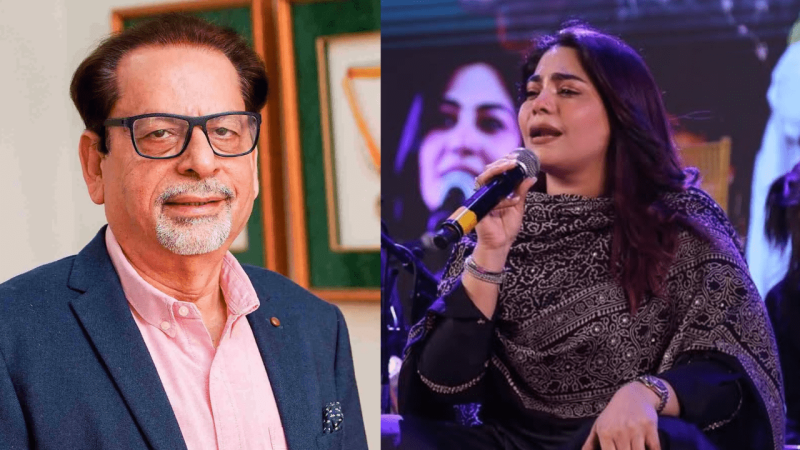
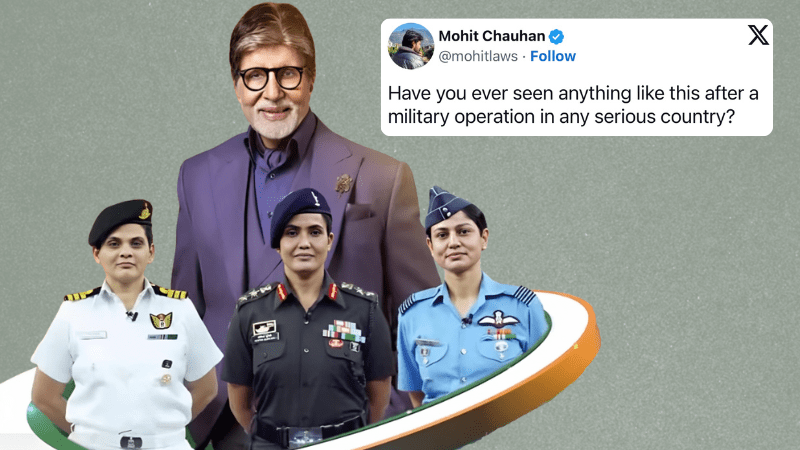
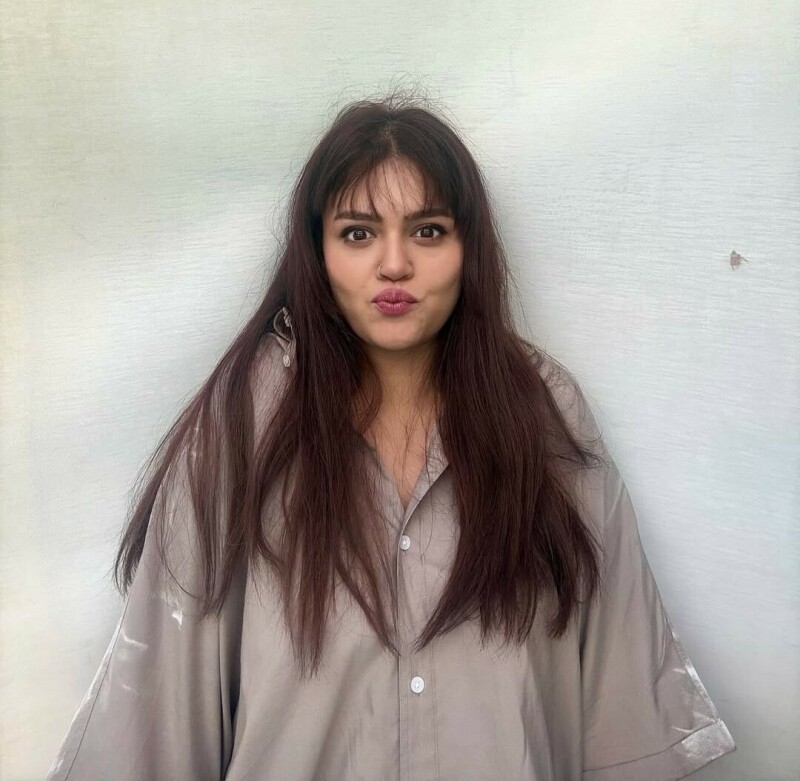
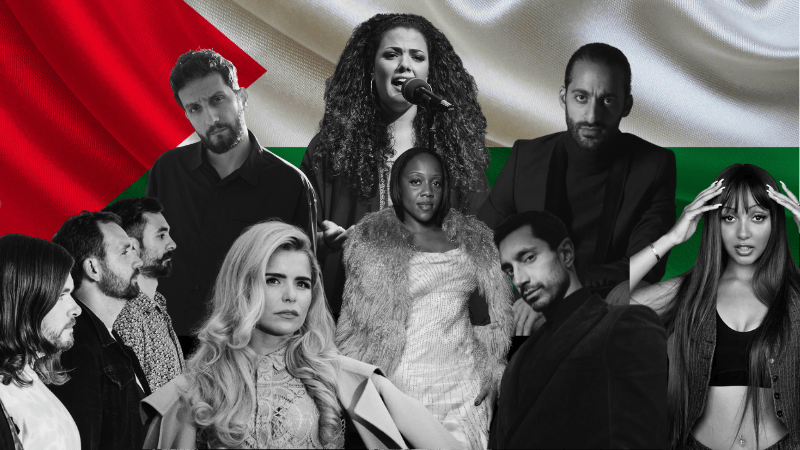
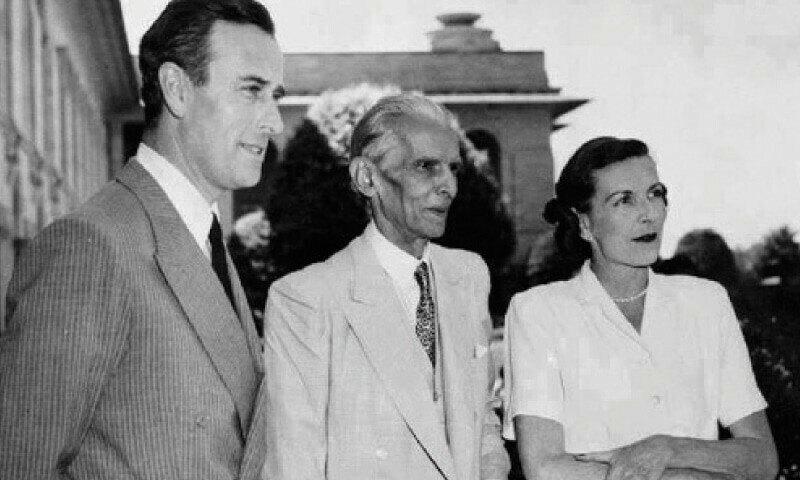
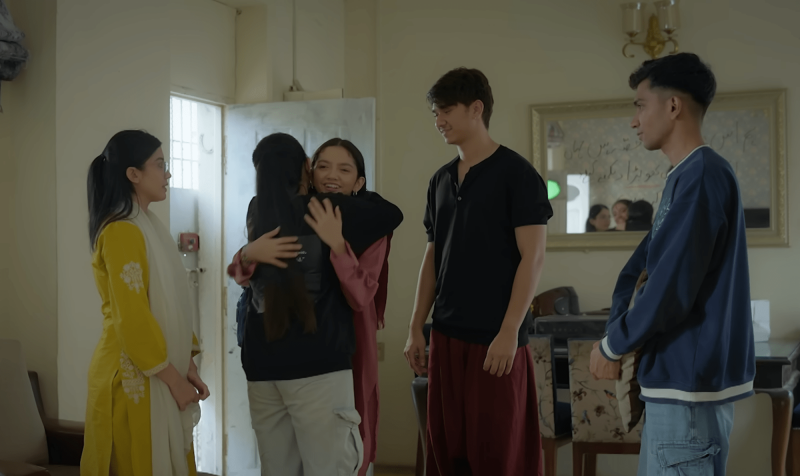
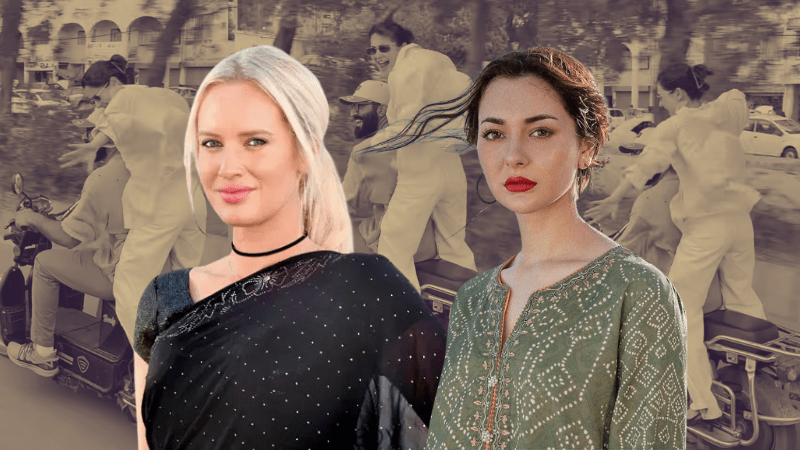
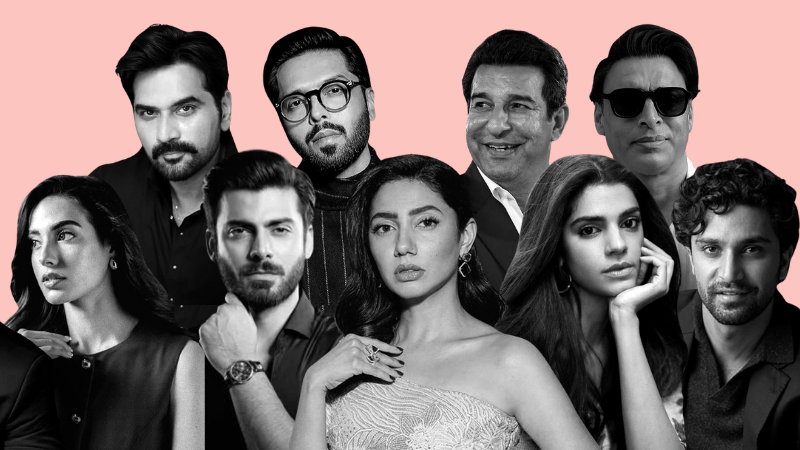
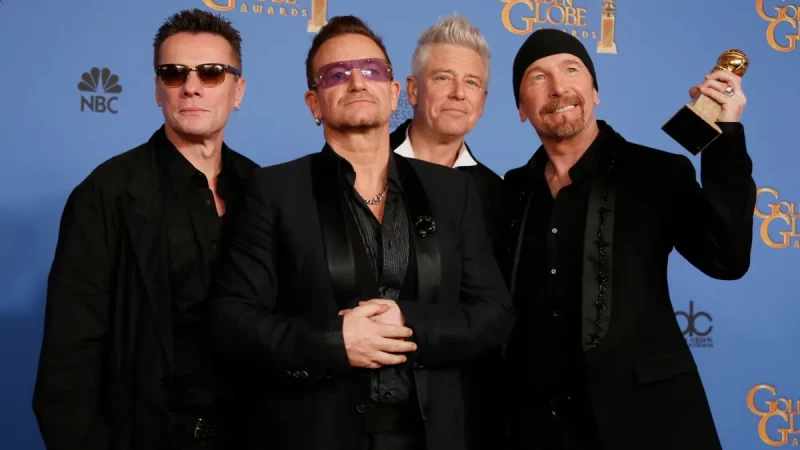
Comments